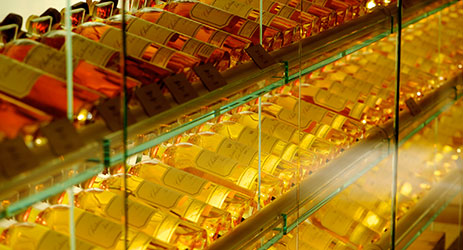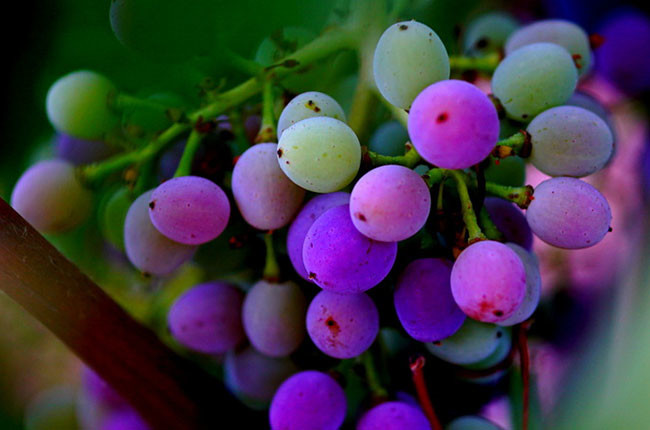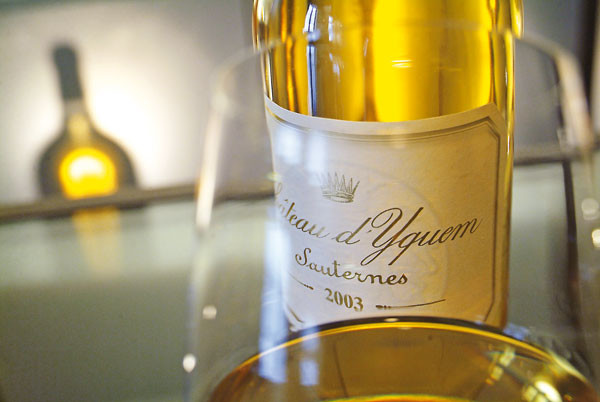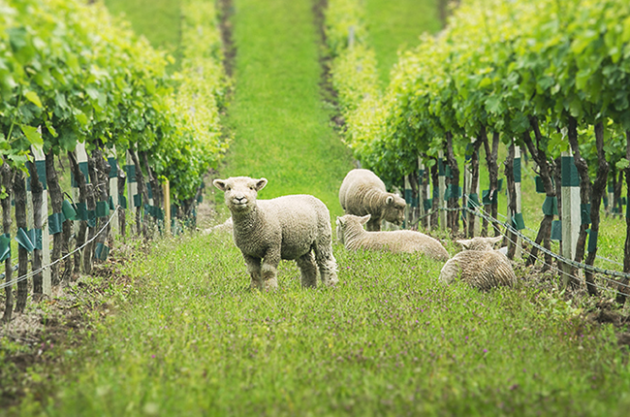In winemaking, fermentation is the process in which yeast converts sugar in the must to ethanol and carbon dioxide. Most wines are fermented to dryness; when there is noticeable amount of unfermented sugar left, the resulting wine will be sweet.

There are mainly three types of methods to create sweet wines:
1. Concentrating grape sugars
The best sweet wines are made from grapes contain abundant sugars and balancing acidity. Healthy white grapes affected by noble rot can be used to produce sweet wines with extremely high quality, such as Sauternes in France, Tokaji in Hungary and Beerenauslese and Trockenbeerenauslese wines in Germany and Austria.
Drying grapes on the vine or after picking can dehydrate the fully ripened grape berries and turn them into raisins. As a result, the sugar concentration in the juice will increase. The condition needs to be dry to avoid rot affecting the grapes.
Freezing grapes on the vine is another way to concentrate the sugar in the grapes. When the frozen grapes are picked and pressed, the ice remains in the press, so the sugar level in the must becomes higher. German Eiswein and Canadian Icewine are made using this technique. China also produces Icewine.
All of the three methods above concentrate not just the sugar in the grape, but the acid and flavours as well.
2. Interrupting the fermentation
Fortification (adding grape spirit to the wine) can kill the yeast and cut off the fermentation process whilst there is still sugar in the wine. This can also be achieved by adding a large dose of SO2 or chilling the must. However, it is crucial to make sure the wine will not contact with yeast again, otherwise the fermentation may restart.
3. Adding a sweetening component
After the must being fermented to dryness, sweet components can be added to create sweet wines. In Germany, unfermented grape juice called Süssreserve is used, whilst in some other countries, rectified concentrated grape must (RCGM) is playing the same role in sweet wine-making.
All rights reserved by Future plc. No part of this publication may be reproduced, distributed or transmitted in any form or by any means without the prior written permission of Decanter.
Only Official Media Partners (see About us) of DecanterChina.com may republish part of the content from the site without prior permission under strict Terms & Conditions. Contact china@decanter.com to learn about how to become an Official Media Partner of DecanterChina.com.




Comments
Submit